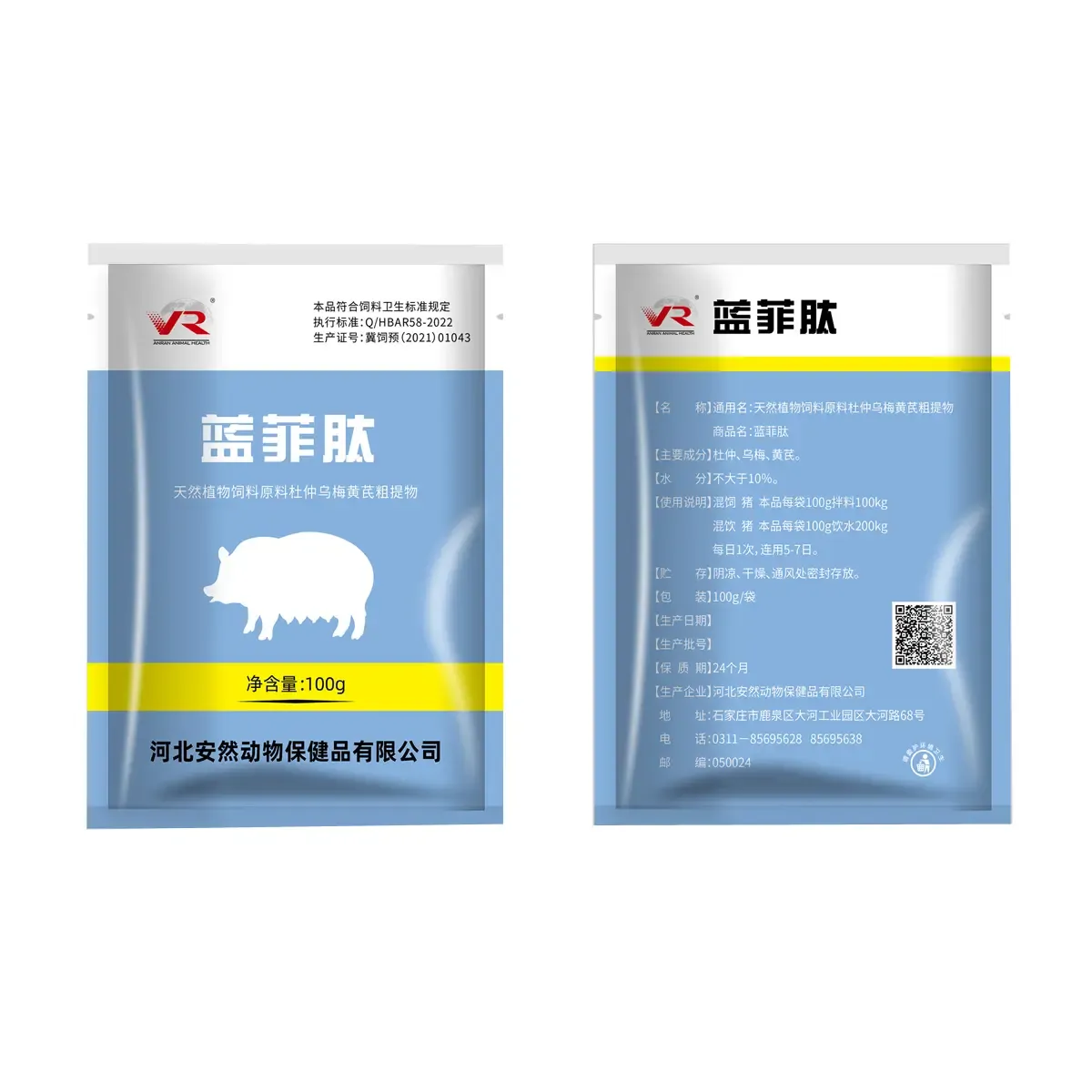- Afrikaans
- Albanian
- Amharic
- Arabic
- Armenian
- Azerbaijani
- Basque
- Belarusian
- Bengali
- Bosnian
- Bulgarian
- Catalan
- Cebuano
- Corsican
- Croatian
- Czech
- Danish
- Dutch
- English
- Esperanto
- Estonian
- Finnish
- French
- Frisian
- Galician
- Georgian
- German
- Greek
- Gujarati
- Haitian Creole
- hausa
- hawaiian
- Hebrew
- Hindi
- Miao
- Hungarian
- Icelandic
- igbo
- Indonesian
- irish
- Italian
- Japanese
- Javanese
- Kannada
- kazakh
- Khmer
- Rwandese
- Korean
- Kurdish
- Kyrgyz
- Lao
- Latin
- Latvian
- Lithuanian
- Luxembourgish
- Macedonian
- Malgashi
- Malay
- Malayalam
- Maltese
- Maori
- Marathi
- Mongolian
- Myanmar
- Nepali
- Norwegian
- Norwegian
- Occitan
- Pashto
- Persian
- Polish
- Portuguese
- Punjabi
- Romanian
- Russian
- Samoan
- Scottish Gaelic
- Serbian
- Sesotho
- Shona
- Sindhi
- Sinhala
- Slovak
- Slovenian
- Somali
- Spanish
- Sundanese
- Swahili
- Swedish
- Tagalog
- Tajik
- Tamil
- Tatar
- Telugu
- Thai
- Turkish
- Turkmen
- Ukrainian
- Urdu
- Uighur
- Uzbek
- Vietnamese
- Welsh
- Bantu
- Yiddish
- Yoruba
- Zulu
9 月 . 29, 2024 03:26 Back to list
Veterinary Enrocin Injection for Effective Animal Treatment and Infection Control
Enrocin Injection in Veterinary Medicine A Comprehensive Overview
Enrocin injection, a formulation primarily containing enrofloxacin, is a broad-spectrum antibiotic widely used in veterinary medicine. Enrofloxacin belongs to the fluoroquinolone class of antibiotics and is effective against a variety of bacterial infections in animals. As antibiotic resistance becomes an increasingly pressing concern, understanding the suitable applications, mechanisms, and precautions of enrocin injection is crucial for veterinarians and animal care professionals.
Mechanism of Action
Enrofloxacin acts by inhibiting bacterial DNA synthesis. It targets the DNA gyrase and topoisomerase IV enzymes, essential for bacterial replication and transcription. This inhibition leads to the disruption of DNA supercoiling, effectively halting the growth of susceptible bacteria. The rapid bactericidal effect of enrofloxacin makes it a preferred choice for treating infections caused by both Gram-positive and Gram-negative organisms in pets and livestock.
Indications for Use
Enrocin injection is indicated for various infections in animals, particularly those affecting the respiratory, urinary, and gastrointestinal tracts. It is commonly administered in dogs and cats, as well as in livestock such as cattle and pigs. Clinicians often recommend enrocin for treating conditions such as
1. Bacterial Pneumonia It is effective against common pathogens like Pasteurella and Mannheimia, which can cause respiratory infections in animals. 2. Skin Infections Enrofloxacin is utilized to manage skin and soft tissue infections stemming from bacteria susceptible to the drug.
enrocin injection veterinary

4. Gastrointestinal Infections Enrocin may also be indicated in cases of enteritis or other gastrointestinal bacterial infections.
Dosage and Administration
The dosage of enrocin injection is determined by the type of animal, the severity of the infection, and the sensitivity of the pathogenic organisms involved. Typically, veterinarians administer the drug via intramuscular or subcutaneous injections. It is crucial to adhere strictly to the prescribed dosage to minimize the risk of toxicity and ensure effective treatment. In general, treatment may last from a few days to several weeks, depending on the infection's severity and the animal's response to therapy.
Safety and Precautions
While enrocin injection is generally safe when used appropriately, there are some safety considerations. It should not be administered to growing animals due to potential joint and cartilage damage, as fluoroquinolones may adversely affect developing musculoskeletal systems. Additionally, it is contraindicated in pregnant or lactating animals unless specifically indicated by a veterinarian.
Potential side effects may include gastrointestinal upset, such as vomiting or diarrhea, and transient local reactions at the injection site. Veterinarians must closely monitor animals during and after treatment to mitigate these effects. Furthermore, practitioners should be cautious when using enrofloxacin in conjunction with other antibiotics or medications to prevent adverse interactions.
Conclusion
Enrocin injection is a powerful tool in the veterinary arsenal against bacterial infections, providing effective treatment options for a variety of conditions in pets and livestock. By understanding its mechanisms, applications, dosage guidelines, and safety considerations, veterinarians can enhance therapeutic outcomes for their patients. However, with the rising concern over antibiotic resistance, judicious use of enrofloxacin is vital. Clinicians should perform sensitivity testing when possible and reserve enrocin for cases where it is warranted to ensure the long-term effectiveness of this important antibiotic in veterinary medicine. Overall, enrocin injection continues to play a significant role in promoting animal health and well-being.
-
The Power of Radix Isatidis Extract for Your Health and Wellness
NewsOct.29,2024
-
Neomycin Sulfate Soluble Powder: A Versatile Solution for Pet Health
NewsOct.29,2024
-
Lincomycin Hydrochloride Soluble Powder – The Essential Solution
NewsOct.29,2024
-
Garamycin Gentamicin Sulfate for Effective Infection Control
NewsOct.29,2024
-
Doxycycline Hyclate Soluble Powder: Your Antibiotic Needs
NewsOct.29,2024
-
Tilmicosin Premix: The Ultimate Solution for Poultry Health
NewsOct.29,2024













